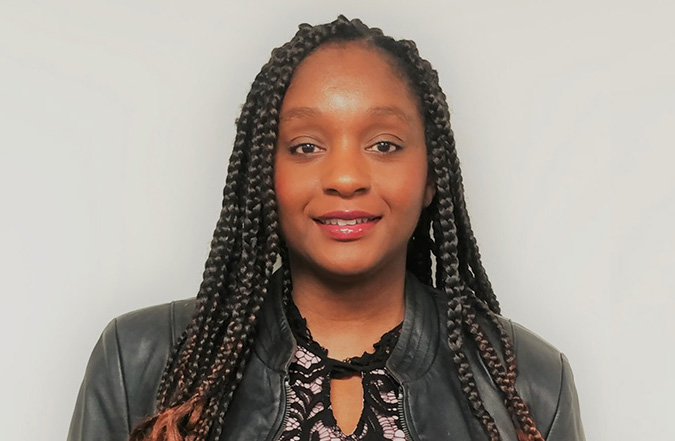
Drema Neely has worked with families for 16 years, most of that time as a case manager. She first joined the Tennessee Department of Children’s Services four months after adopting a baby through kinship care because she wanted to help other parents like her.
A mother that Drema worked with suggested that we feature her as an outstanding caseworker. She wrote: “This woman went above and beyond! Drema was an emotional support for not only me, but the children as well. She was very engaged and encouraging when the kids spoke to her, like they were her only concern!”
We asked Drema how she managed to maintain this focus and build relationships with parents and children. This is what she told us.
Caseworkers are notoriously busy. This family said you treated their children like they were “your only concern.” How do you manage this?
When I walk through that door, that family is my only family. Because I’m not doing a good job if I can’t tell you something personal about each child. And the only way to do that is to focus on them, get to know them, and address their needs.
For example, if the kids are old enough, I always have them do the walkthroughs for me. I ask them to take me around the house, so that I can see what makes them comfortable–or not. I go into their room and sit on the floor with them. Not on their bed! Who wants someone to sit on their bed? It’s amazing what kids will tell you when you are sitting on their level, talking about their favorite toy or sweater.
What is your approach to building relationships with parents?
As with the children, I meet them where they are. A home visit might be me folding laundry and chatting while a parent is making dinner.
But while I am casually talking with that parent, I am also wracking my brain. If Dad works, does Mom have what she needs during the day? If Mom works too, is the daycare adequate and taking the stress off. What might they need—even if they don’t realize it yet?
In every interaction, I’m thinking about how I can make the transition to permanence—whether that’s reunification or adoption—as seamless as possible. Because the family needs to be able to succeed on their own when the department is no longer in their life.
Looking back over the last 16 years, what is one of the most important pieces of advice you’ve given parents who are adopting from foster care?
Our ultimate goal, of course, is reunification. But when that’s not possible and I’m preparing a foster family to adopt, I want them to think about the place that children’s birth parents hold in their hearts and possibly in their lives.
The first questions I ask a pre-adoptive home are:
- Do you have a relative who died that you cannot forget?
- Have you forgotten what your parents did to you—good and bad?
- Did you have drama with family in the past that you knew was bad at the time but now you look on fondly?
I ask these questions to help potential parents understand that the same way they hold onto their childhood memories, their kids will too. And even kids who have been abused can still love their abuser.
My most important piece of advice: As an adoptive parent, you must expect children to continue to love their parents. Don’t tell kids that they are wrong! Show them that there is something better.
What are the biggest rewards of your work?
Oh, that’s easy. Staying in touch with the kids and watching them grow. Sometimes I’ll get messages from them inviting me to a graduation or a basketball game. If they need help, I’ll help them find services. Once they turn 18, we’re friends on Facebook—a page I keep only to communicate with my kids.
I’ve been doing this long enough that some of my kids have had kids. When someone says they are sending me a picture of their baby, I always ask: Did you name it Drema?